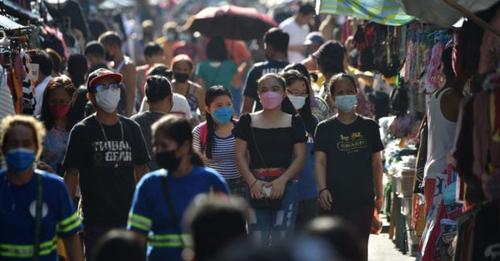
Inquirer file photo
Expectations of even higher inflation, higher interest rates, a weaker peso and lower demand for their products and services have dampened the optimism of companies and households about their prospects in the first quarter of 2023 as well as the full year ahead.
For consumers, the weaker optimism was attributed to their expectations of: faster increase in the prices of goods, low income, higher household expenses, and fewer available jobs.
These are from the findings of the Bangko Sentral ng Pilipinas’ latest quarterly surveys on business sentiment and consumer expectations.
The Business Expectations Survey (BES) covered 1,501 firms drawn at random from the list of Top 7,000 Corporations ranked based on total assets in 2016 from the Bureau van Dijk database. The BES was conducted early in the fourth quarter, from Oct. 4 to Nov. 11, and three out of five gave answers.
Meanwhile, the Consumer Expectations Survey (CES) covered a random sample of about 5,388 households across the Philippines. It was done last Oct. 1 to Oct. 13 and 98 percent answered.
Findings show lower consumer confidence index (CI) numbers in the first quarter (9.5 percent from 13.4 percent in the previous survey) and for 2023 (21.7 percent from 33.4 percent).
The CI is computed as the percentage of respondents that answered in the affirmative less the percentage of households that answered in the negative with respect to their views on a given indicator.
And yet, the households’ spending outlook on goods and services for the first quarter of 2023 was more upbeat as the CI increased to 39.1 percent from 35.5 percent.
“This suggests that more respondents may increase their consumption of basic goods and services over the next three months,” the BSP said.
On the other hand, the consumer sentiment on buying big-ticket items was more downbeat for the next 12 months as the CI declined to -74.7 percent from -72.6 percent.
RELATED STORIES
Marcos: Growth on track amid ‘rampant’ inflation
Inflation in Central Visayas accelerates to 8.1% in Sept.
Inflation in Central Visayas jumps to 7.4%